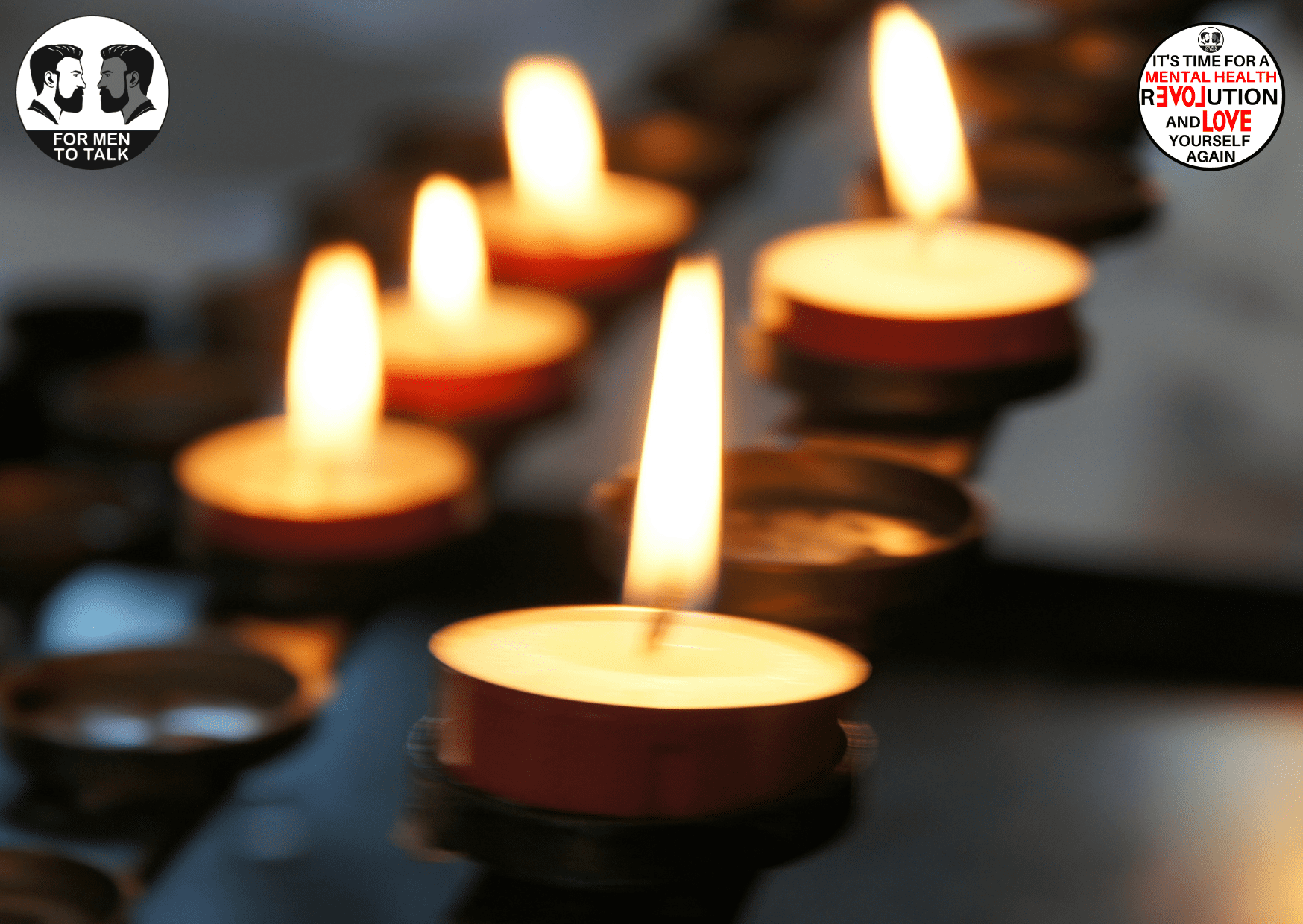It’s Baby Loss Awareness Week: How losing a baby affects men

Baby Loss Awareness Week is a time to remember and support families who have experienced the heartbreaking loss of a baby. This includes miscarriages, stillbirths, and neonatal deaths. While much of the focus is often on mothers, it’s important to recognise that fathers go through their own grief, too. Losing a baby is a devastating experience for men, and it can affect them deeply, though they may not always express it openly.
Men Grieve Differently
In many societies, men are taught to be strong and keep their emotions hidden. This can make it difficult for them to show their pain after losing a baby. While they may not cry openly or talk about their feelings, they still grieve. Men often try to focus on supporting their partner during this time. They might feel that they need to stay strong for her, which sometimes means putting their own grief aside. This can lead to feelings of isolation, as their pain might go unnoticed.
Men may also experience a sense of helplessness. They might want to fix the situation but feel powerless because there is nothing they can do to bring their baby back. This frustration can make their grief even harder to deal with.
Emotional Impact
The emotional impact of baby loss on men can be just as deep as it is for women. They may feel sadness, anger, guilt, or even shame. Guilt can come from feeling like they could have done something differently to prevent the loss, even though it is usually beyond anyone’s control. These emotions can build up over time, especially if men do not feel comfortable expressing them.
Some men may also struggle with anxiety and depression after losing a baby. The grief can make it hard for them to focus at work, enjoy hobbies, or even connect with others. If these feelings are not addressed, they can become overwhelming.
The Importance of Support
Support is crucial for men dealing with baby loss. Just like women, men need a safe space to talk about their feelings and share their pain. Sadly, men are sometimes left out of the conversation because of stereotypes that suggest they should be less affected. This can make them feel alone in their grief.
Counselling, support groups, or simply talking to a friend or family member can be helpful for men during this difficult time. It’s important for society to recognise that men also need support and care after such a loss. Baby Loss Awareness Week serves as a reminder that both parents grieve, and both deserve understanding and help.
Coping Together
Baby loss can strain relationships, as both parents are hurting in their own ways. Open communication is key. While men may feel the need to “be strong,” it’s important for them to share their emotions with their partner. This can help both parents heal together rather than feeling isolated in their pain.
Conclusion
Losing a baby is a devastating experience for everyone involved. Baby Loss Awareness Week is a time to remember not just the babies who were lost but also the parents who are grieving. For men, the grief can be deep, though it may not always be visible. By understanding that men grieve too and offering support, we can help fathers heal after this unimaginable loss.